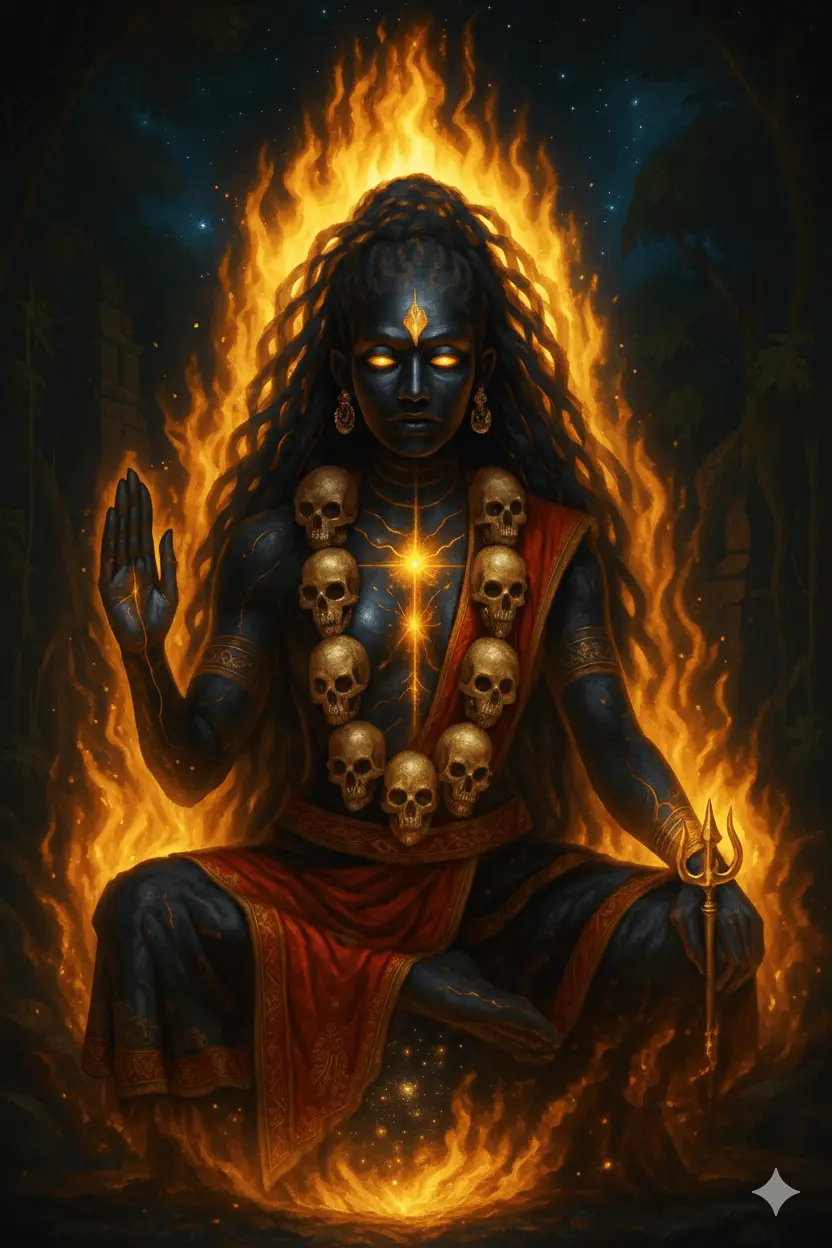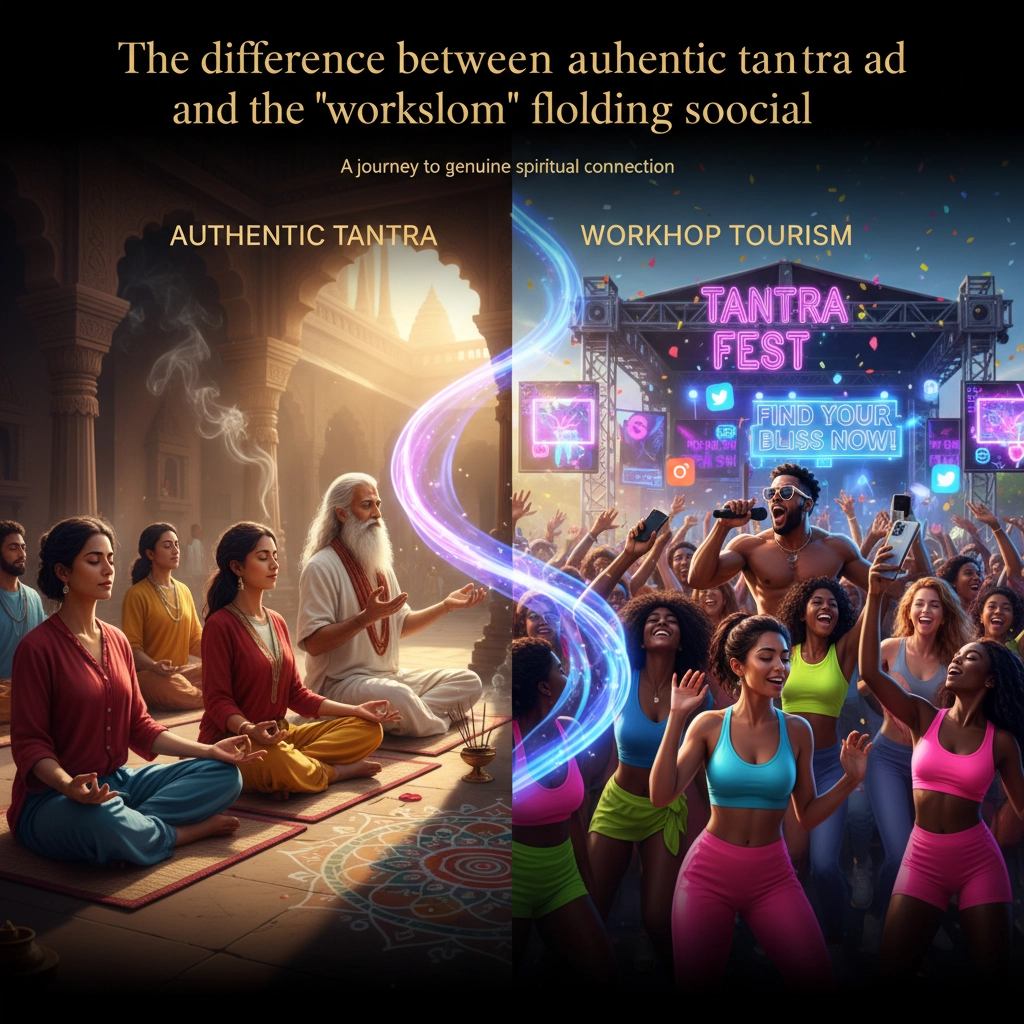Your Instagram feed is probably full of them right now. Beautiful people in flowing clothes, promising to unlock your "sacred sexuality" in a weekend workshop. Breathwork sessions that claim to awaken your kundalini in 90 minutes. "Tantric goddess" retreats in Tulum that cost more than most people's rent.
Here's the thing: most of what's being sold as "tantra" on social media has about as much connection to authentic tantric practice as a McDonald's burger has to a farm-fresh meal.
I'm not here to shame anyone's journey. But if you're genuinely seeking the transformative power of tantra, you deserve to know the difference between the real deal and spiritual fast food.
What authentic tantra actually is
Real tantra isn't what you think it is. It's not about having better orgasms or becoming a "goddess" in silk scarves.
Tantra is an ancient spiritual tradition that emerged in India over a thousand years ago. The word itself means "the loom that weaves" – and that's exactly what it does. It weaves together every aspect of your human experience – your body, mind, emotions, and spirit – into one integrated path toward awakening.
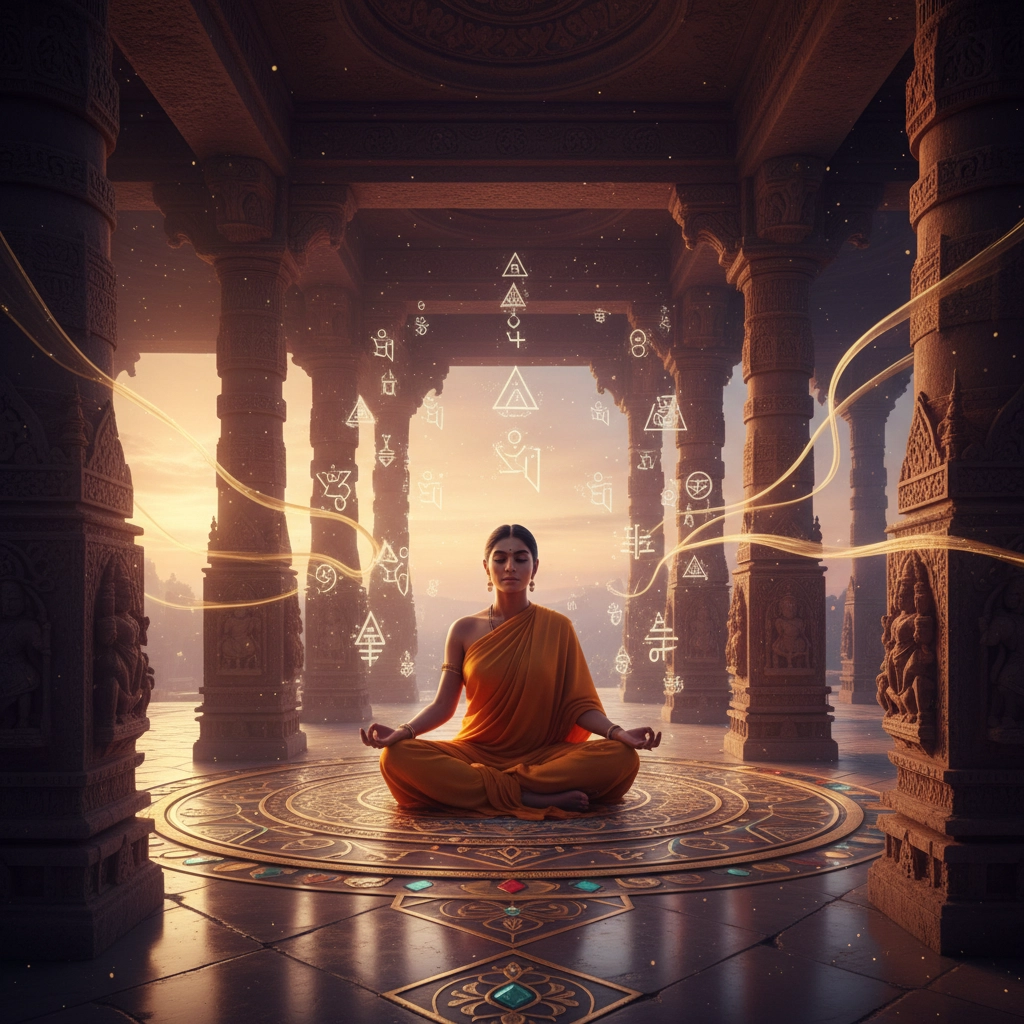
Unlike other spiritual traditions that asked you to transcend or escape the material world, tantra said something revolutionary: "Use everything. Your desires, your emotions, your sexuality, your pain – it's all sacred. It's all a doorway to the divine."
This wasn't about indulgence. It was about recognition. Seeing the sacred in the mundane. Finding God in grocery shopping and enlightenment in your morning coffee.
Authentic tantra includes:
- Deep philosophical study
- Meditation and breathwork practices
- Understanding energy and consciousness
- Working with the chakra system
- Sacred geometry and mantras
- Shadow work and emotional processing
- Yes, sometimes sacred sexuality – but as one small piece of a much larger puzzle
Most importantly, authentic tantra requires transmission from teacher to student within an unbroken lineage. It's not something you can learn from a YouTube video or a weekend workshop.
The rise of spiritual tourism
So what happened? How did we get from this profound spiritual science to Instagram influencers selling $3,000 "tantric awakening" experiences?
Simple: tantra got sexy. And sexy sells.
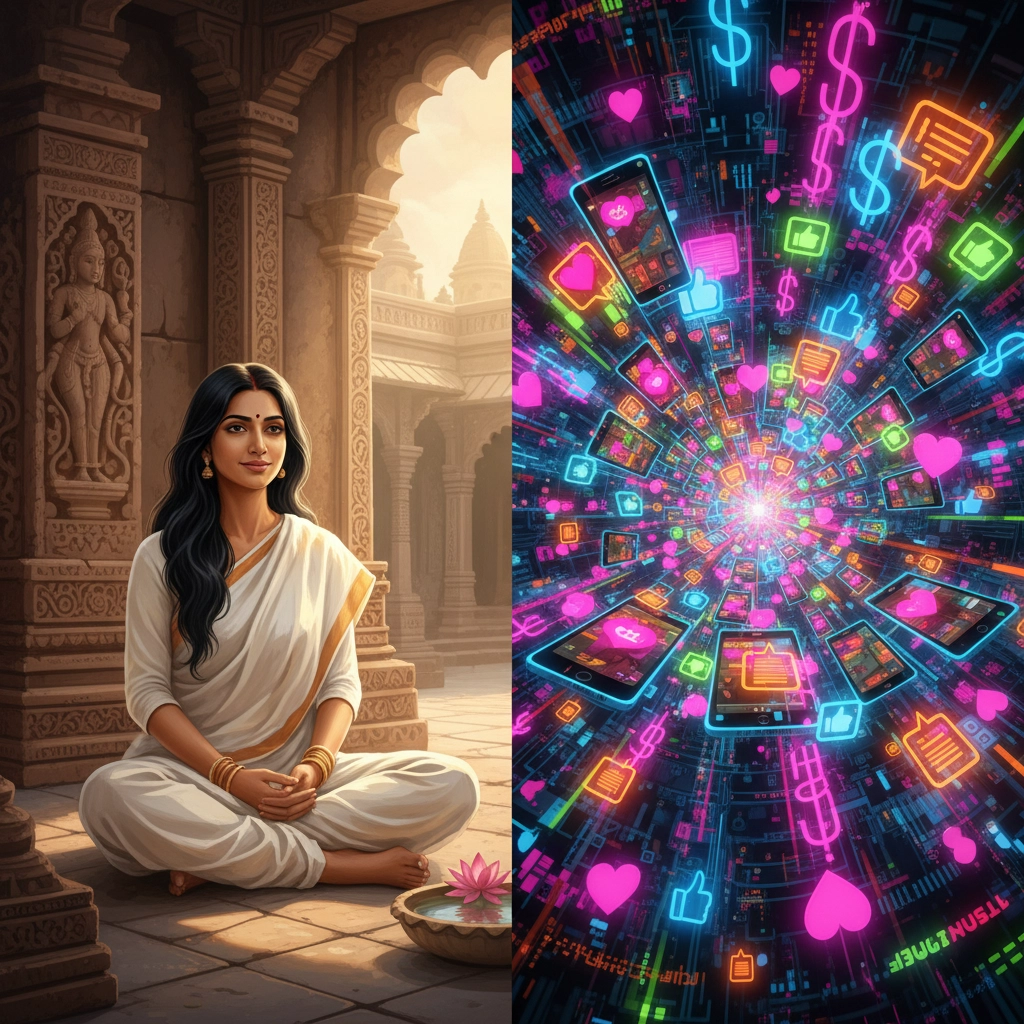
Somewhere in the 1960s, Western seekers discovered tantra and latched onto the parts that felt exciting and exotic. The sexuality. The mysticism. The promise of transcendence without all that boring meditation and study.
What emerged was "neo-tantra" – a watered-down, commercialized version that focused almost exclusively on sexual practices while ignoring the philosophical foundation that made those practices meaningful.
Social media amplified this trend into what I call "workshop tourism." People hop from one weekend experience to another, collecting spiritual stamps in their passport without ever going deep enough to be transformed.
The workshop tourism version of tantra usually looks like:
- Focus on sexual techniques over spiritual development
- Weekend or week-long intensives promising major transformation
- Expensive retreats in exotic locations
- Emphasis on "unleashing your inner goddess/god"
- Lots of talk about "sacred sexuality" without much actual study of sacred texts
- Teachers with questionable credentials or made-up lineages
- Marketing that emphasizes results over process
Red flags vs. green flags
How do you tell the difference? Here's what to watch out for:
Red flags:
- Promises of instant awakening or transformation
- Heavy focus on sexual practices in marketing
- No mention of philosophical study or traditional texts
- Teachers who can't clearly explain their lineage or training
- Expensive retreats with celebrity-like teachers
- Marketing that feels more like a lifestyle brand than spiritual teaching
- Emphasis on "unleashing your wild feminine/masculine"
- Students referred to as "goddesses" or "gods" rather than practitioners
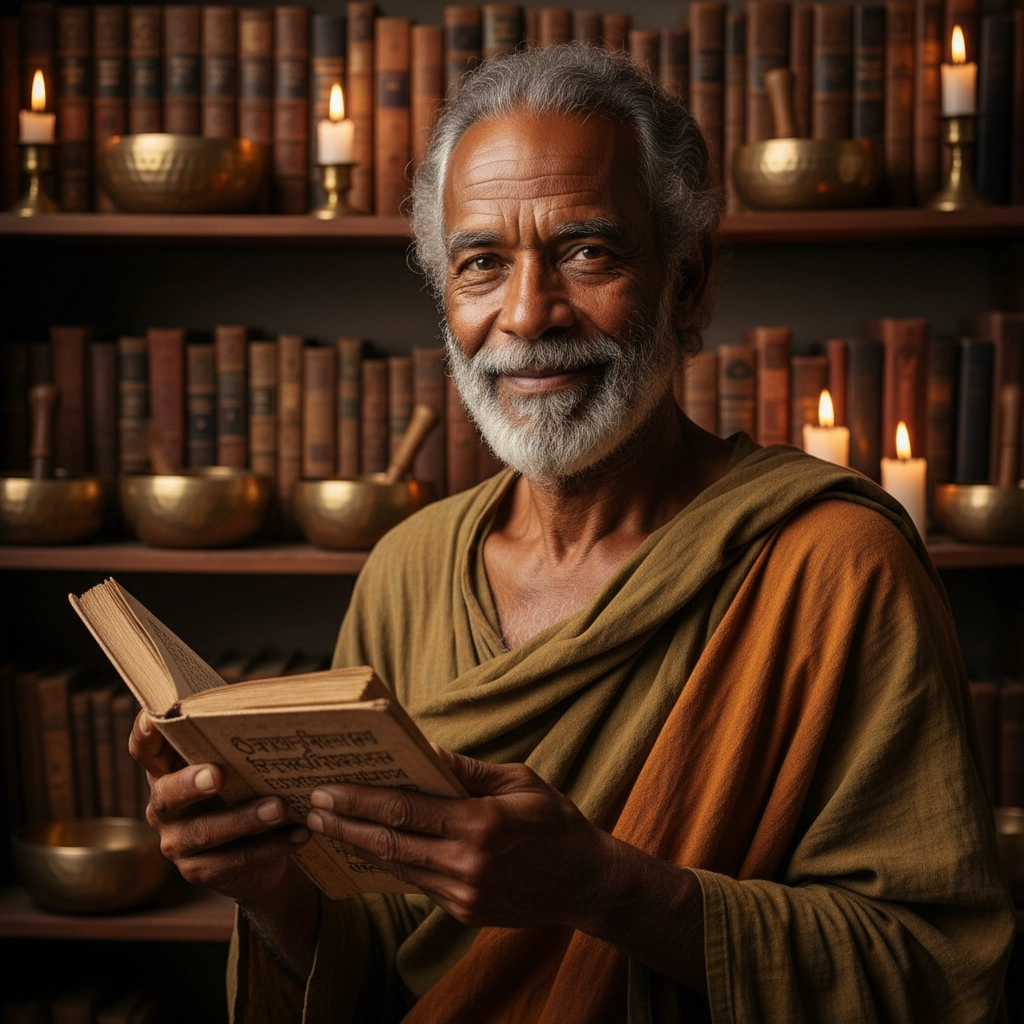
Green flags:
- Clear lineage and traditional training mentioned
- Balance between philosophical study and practical application
- Reasonable pricing that reflects genuine teaching rather than lifestyle marketing
- Teachers who emphasize commitment and long-term practice
- Integration of meditation, breathwork, and study alongside any physical practices
- Acknowledgment of tantra as a complete spiritual system
- Emphasis on inner transformation over external experiences
- Community of serious practitioners, not just weekend workshop attendees
What gets lost in translation
The most tragic thing about workshop tourism isn't that it's "wrong" – it's that it's so much less than what authentic tantra offers.
When tantra gets reduced to weekend workshops about sacred sexuality, we lose:
The philosophical foundation: Tantra is based on sophisticated understanding of consciousness, energy, and reality itself. Without this foundation, the practices become empty techniques.
The gradual unfoldment: Real transformation doesn't happen in weekends. It unfolds over years of consistent practice and study.
The integration: Authentic tantra teaches you to find the sacred in washing dishes, not just during peak experiences in Bali.
The shadow work: True tantra includes facing your darkness, not just cultivating your light. This requires safety, time, and skilled guidance.
The community aspect: Traditional tantra was practiced within communities of committed practitioners who supported each other's growth over time.
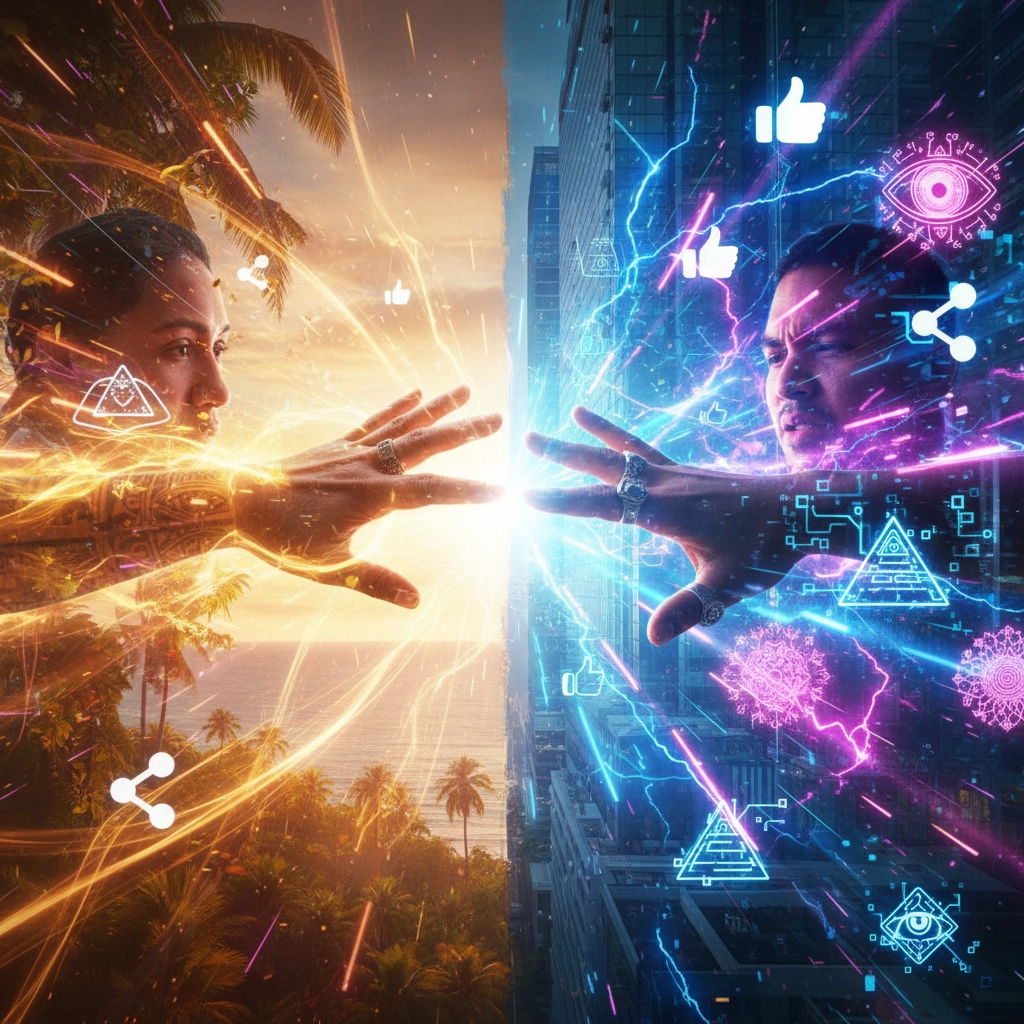
Finding authentic practice
So how do you find the real thing? Start with these questions:
- Does the teacher have clear traditional training or lineage?
- Is philosophical study included alongside practical techniques?
- Are you encouraged to commit to long-term practice rather than collecting experiences?
- Does the teaching emphasize integration into daily life?
- Is there a community of serious practitioners, not just event attendees?
- Does the approach include working with difficulty and shadow, not just bliss and pleasure?
Look for teachers who talk more about commitment than transformation. Who emphasize study alongside practice. Who see tantra as a complete spiritual path, not just a collection of techniques for better relationships or sex.
The deeper invitation
Here's what I want you to understand: authentic tantra is so much more profound than what's being sold on social media. It's not about becoming a goddess or having mind-blowing orgasms (though both might happen). It's about recognizing that everything – absolutely everything – in your human experience can be a doorway to the sacred.
Your morning commute. Your difficult emotions. Your sexual desire. Your grief. Your joy. All of it is sacred. All of it is a teacher.

This recognition doesn't happen in a weekend workshop. It unfolds through years of practice, study, and integration. It requires commitment, not just enthusiasm.
But when it happens – when you truly begin to see the sacred woven through the fabric of your ordinary life – it's more transformative than any peak experience in Tulum.
The real tantra isn't about escaping your life for something more spiritual. It's about discovering that your life, exactly as it is, is already completely sacred.
You just need to learn how to see it.
Ready to explore authentic tantric principles in your daily life? Start with our foundational practices that honor the true depth of this ancient tradition. Visit our services page to learn more about working with qualified teachers in a traditional context.
